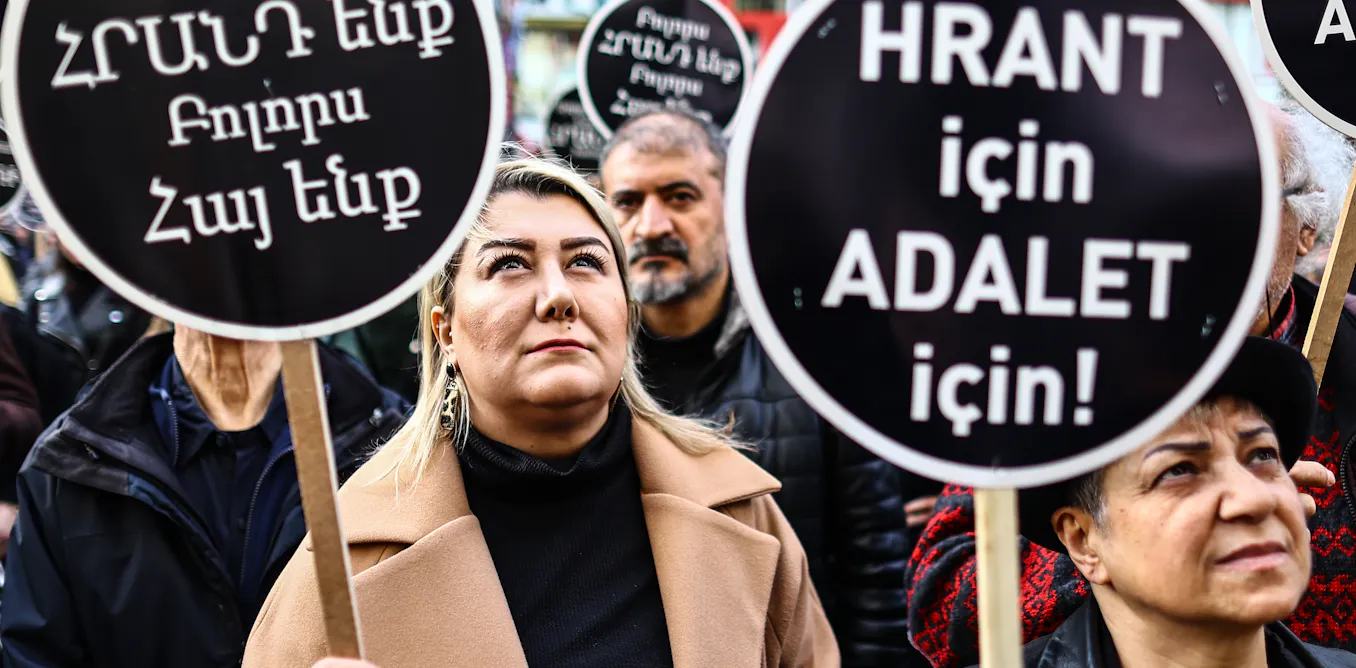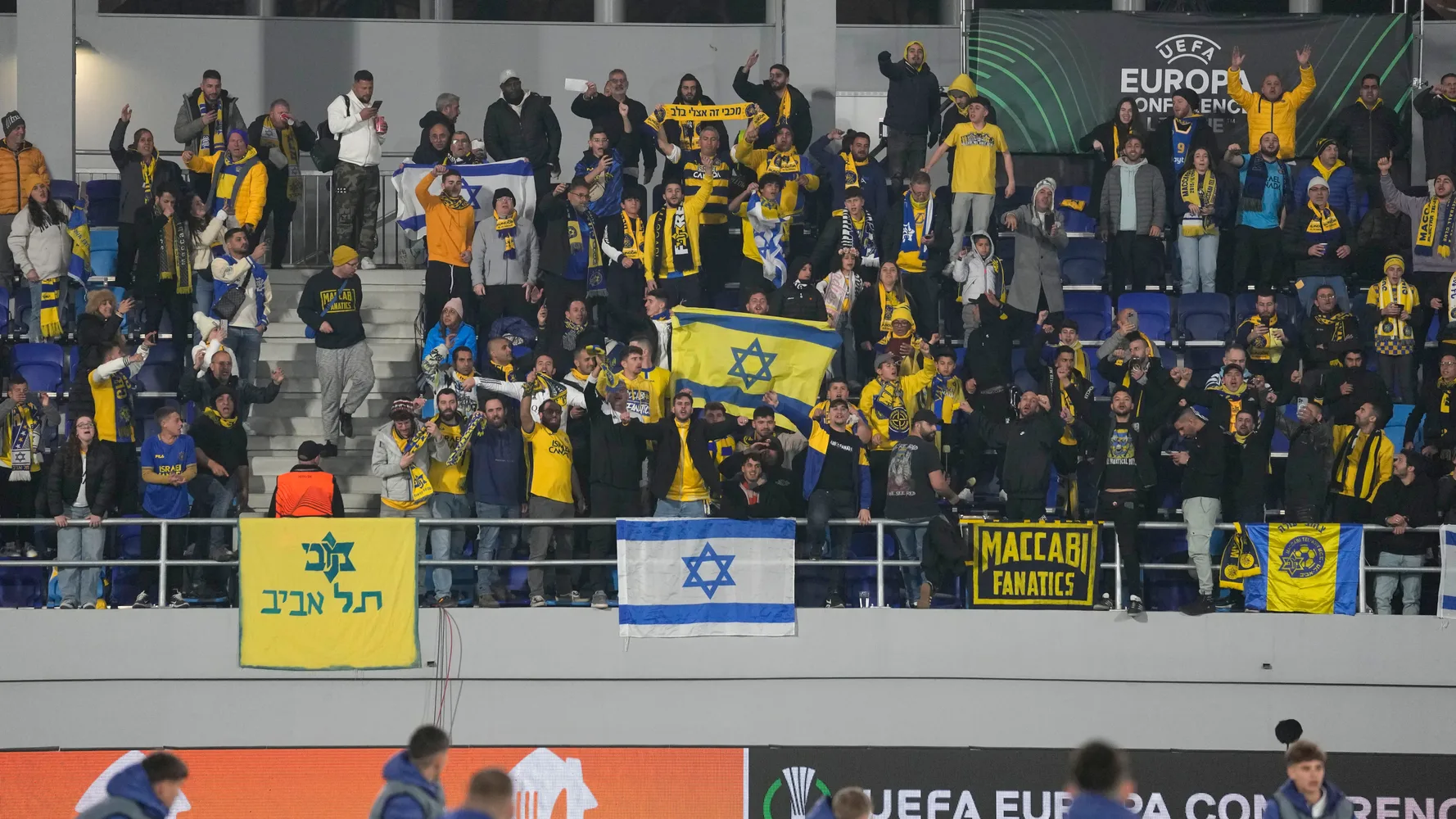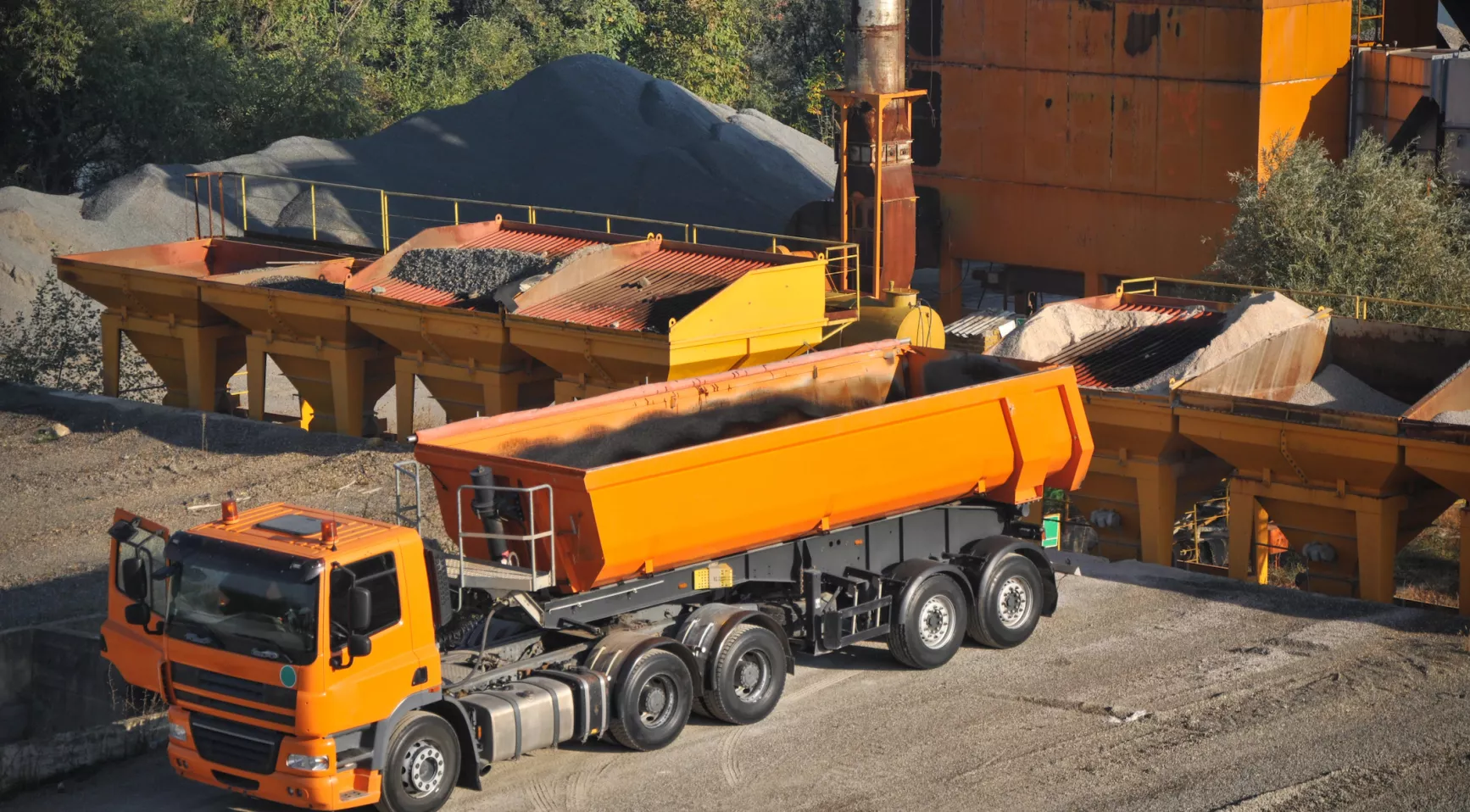Copyright theconversation

Hakan Tosun, a 50 year-old Turkish journalist, died on October 13 three days after he was assaulted in a street attack in Istanbul. Two people have been arrested. The motive for the attack remains unclear, but several political groups have suggested that it may be linked to Tosun’s work. He reported on human rights and environmental protection. Tosun’s case starkly illustrates the dangers faced by journalists in Turkey. Reporters Without Borders ranks Turkey 159th out of 180 countries worldwide for press freedom after roughly 170 journalists have been killed, detained or reported missing there since 2013. And during the latest democratic crackdown, which followed the arrest of Istanbul’s mayor and leading Turkish opposition figure Ekrem İmamoğlu in March 2025, further arrests have targeted reporters. Read more: Turkey: a favourable international climate is spurring Erdoğan’s crackdown on democracy Working as a journalist in Turkey has long been dangerous. Hrant Dink, the Turkish-Armenian editor of the Agos newspaper, was shot dead in Istanbul in 2007. Retrials led to the conviction of multiple officials and accomplices, with nine life sentences handed down in February 2025. In February 2022, Güngör Arslan, the editor of a local news outlet called Ses Kocaeli, was also killed in an ambush outside his office in the city of İzmit. The gunman, Ramazan Özkan, and the instigator, a businessman called Burhan Polat, received life sentences from Turkish courts in 2023. Beyond these killings, there have been high-profile cases of arrests and persecution. Laws have also been introduced to curb press freedom, including one in 2022 enabling Turkish courts to sentence people found guilty of intentionally publishing disinformation to three years in prison. Turkish authorities have repeatedly relied on criminal statutes to target critical journalists. Ahmet Şık, an investigative reporter for the Cumhuriyet newspaper, was charged with terrorism-related offences in 2011 and then again in 2016. He was held in pre-trial detention for around a year on both occasions, which the European Court of Human Rights subsequently found violated convention rights. Ahmet Altan, a prominent Turkish journalist, was also arrested in 2016 on terrorism-linked charges and spent more than four years in prison. Turkey’s Court of Cassation ordered his release in April 2021. The former editor of Cumhuriyet, Can Dündar, lives in exile after being sentenced in absentia to over 27 years for his reporting on links between Turkey’s national intelligence organisation and the smuggling of weapons to rebel forces in Syria. And in 2022, broadcaster Sedef Kabaş was jailed and then sentenced to two years and four months for “insulting the president”. She was subsequently released after her sentence was suspended by an appeals court. Levers of media control Over more than two decades in power, the government of Turkey’s president, Recep Tayyip Erdoğan, has honed three core strategies to tighten its control over the media industry. First, there are forced takeovers and trusteeships. This is when courts remove a critical outlet’s managers and install state-approved “trustees” to run it. Editorial lines usually change overnight and, in some cases, the outlet is later shut down. Bugün TV and Kanaltürk were raided in 2015 and taken over by the Turkish authorities. They had their media assets closed in 2016. Zaman, once Turkey’s biggest daily newspaper, was also seized in 2016 and had its editorial line flipped overnight. These measures sat alongside mass closures under emergency decrees after 2016. Second, there is ownership concentration via government-friendly conglomerates. Here the tools are buyouts and mergers. Big, politically connected business groups acquire major newspapers and TV channels, bringing them into pro-government orbit. In 2007, the Sabah-ATV media group was seized by Turkey’s state fund and then sold to the Çalık Group in 2008. Çalık was at the time headed by Erdoğan’s son-in-law, Berat Albayrak, with state bank financing. Sabah-ATV was subsequently passed to a company owned by the government-aligned Kalyon Group in 2013. Several years later, in 2018, Doğan Media Group – which includes Hürriyet, CNN Türk and Kanal D – was sold to Demirören Holding. The Demirören family, who own the company, openly support Turkey’s ruling Justice and Development party and reportedly have close ties to Erdoğan. And third, there is regulatory and economic pressure. Even where outlets remain independent, regulators and funding levers can keep them in line. Turkey’s Radio and Television Supreme Council has repeatedly issued heavy fines and temporary bans against TV channels such as Tele1, Halk TV and Sözcü TV. The state advertising agency, BİK, has also suspended public-advertising eligibility for critical papers such as Evrensel. Extensive online blocking further chills independent reporting. Alongside squeezing independent outlets, Ankara has poured resources into the state broadcaster TRT – especially its English-language arm, TRT World – to amplify the government’s message abroad. TRT World has expanded studios and bureaus since launching in 2015, notably in London and Washington. It has also grown its correspondent network and has invested heavily in 24/7 TV, digital video and social platforms. The aim is to shape global narratives on Turkey’s terms, whether on the Ukraine war, Middle East diplomacy or migration. This has created a striking asymmetry in the Turkish information environment, where domestic dissent is constrained while the government’s international voice is amplified. Why outside pressure has faded A convergence of tactics – criminal prosecutions, court-imposed trusteeships, politically connected takeovers, sustained regulatory and financial pressure, and investment in friendly networks – has produced a media sphere in Turkey in which critical voices survive only precariously. Internationally, however, Ankara now appears closely aligned with the west. While the EU and US sharply criticised democratic backsliding after protests in 2013 and the purges of 2016 that followed an attempted coup, few western governments confront Ankara today. This is largely because Turkey is pivotal to Nato’s posture in the war in Ukraine, a key guarantor of the Middle East peace agreement and is central to refugee management. At the same time, Washington is unlikely to lead by example when it comes to supporting journalistic independence. The US president, Donald Trump, has repeatedly attacked media outlets he deems hostile, including public broadcasters, and has also sought to sideline outspoken critics. This is hardly a platform for consistent press-freedom advocacy. These strategic dependencies blunt external willingness to challenge domestic crackdowns in Turkey. Unless Turkey’s allies make media freedom a genuine condition of engagement – and not an afterthought – this constrained information environment will persist.



